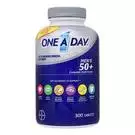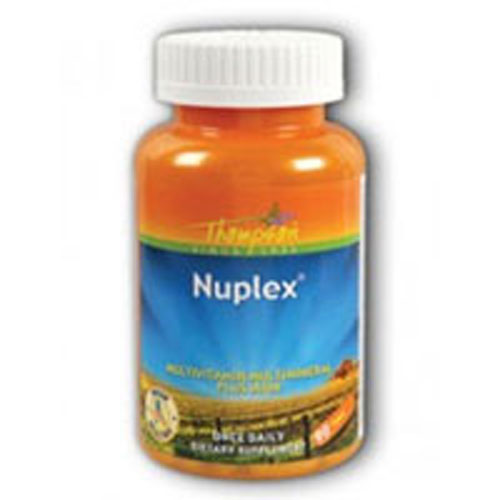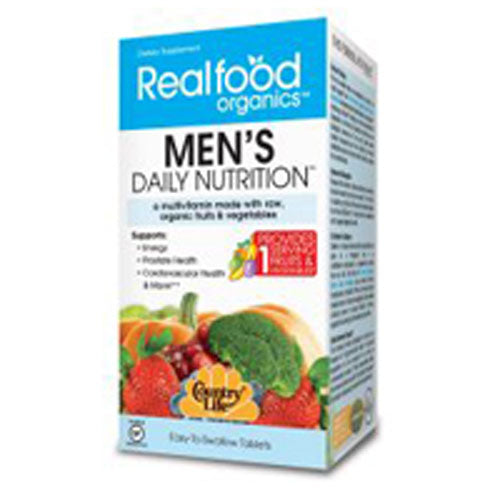MutliVitamin Blog
Multivitamins have become a popular supplement for those looking to improve their overall health and well-being. With so many options available on the market, it can be challenging to decide which one is best for you. One of the most significant differences between multivitamins is whether they are synthetic or whole-food-based. In this blog, we’ll explore the differences between these two types of multivitamins and help you decide which one is right for you.
What are Synthetic Multivitamins?
Synthetic multivitamins are made in a lab from isolated nutrients. These nutrients are then combined to create a product that contains a range of vitamins and minerals. While synthetic multivitamins may contain a similar range of nutrients to whole food-based multivitamins, the way they are made means that they do not have the same nutritional value as whole foods.
What are Whole Food-Based Multivitamins?
Whole food-based multivitamins are made from real, whole foods that have been dried and powdered. These foods are then blended together to create a supplement that contains a range of vitamins and minerals. Because whole food-based multivitamins are made from real foods, they contain a range of other nutrients that are beneficial to health, such as fiber, antioxidants, and phytochemicals.
Differences in Nutritional Value
The main difference between synthetic and whole food-based multivitamins is the nutritional value they provide. Synthetic multivitamins may contain a range of vitamins and minerals, but they do not contain the same range of other nutrients that whole food-based multivitamins do. These other nutrients, such as fiber and phytochemicals, have been shown to have significant health benefits.
Differences in Absorption
Another important factor to consider is how well the body can absorb and use the nutrients in the supplement. Whole food-based multivitamins are more easily absorbed by the body because they contain nutrients in a form that the body recognizes. Synthetic multivitamins, on the other hand, may be more difficult for the body to absorb because the nutrients are not in a natural form.
Differences in Cost
The cost of multivitamins can vary significantly, and whole food-based multivitamins are often more expensive than synthetic ones. This is because whole food-based multivitamins require more processing and may contain more expensive ingredients.
Which One is Right for You?
Ultimately, the type of multivitamin that is best for you will depend on your individual needs and preferences. If you are looking for a supplement that contains a range of vitamins and minerals and is affordable, a synthetic multivitamin may be the right choice for you. However, if you are looking for a supplement that contains a range of other beneficial nutrients and is easily absorbed by the body, a whole food-based multivitamin may be the better option.
It’s important to note that while multivitamins can be beneficial for overall health and well-being, they should not be used as a replacement for a healthy diet. Eating a diet rich in whole foods is the best way to ensure that your body is getting all the nutrients it needs to function at its best.
In conclusion, the difference between synthetic and whole food-based multivitamins is significant. While synthetic multivitamins may be more affordable, whole food-based multivitamins offer a range of additional nutrients that can provide significant health benefits. Consider your individual needs and preferences when deciding which type of multivitamin is right for you, and always remember that a healthy diet is the best way to ensure optimal health and well-being.















